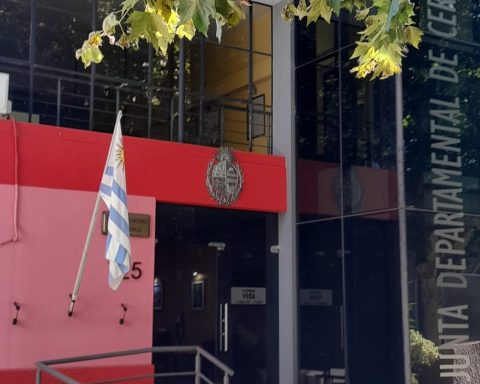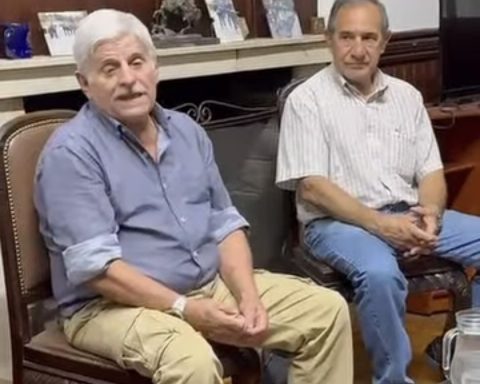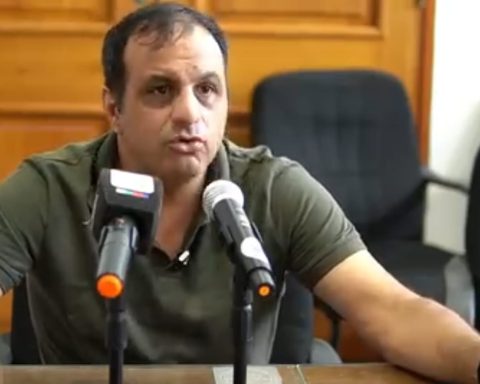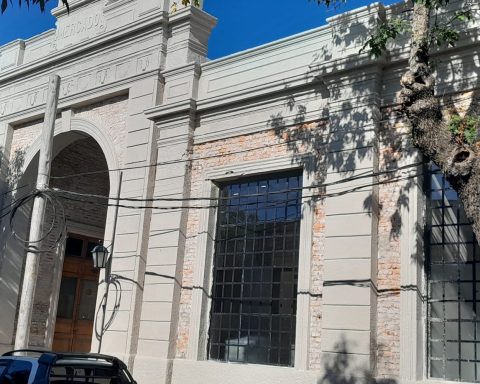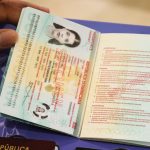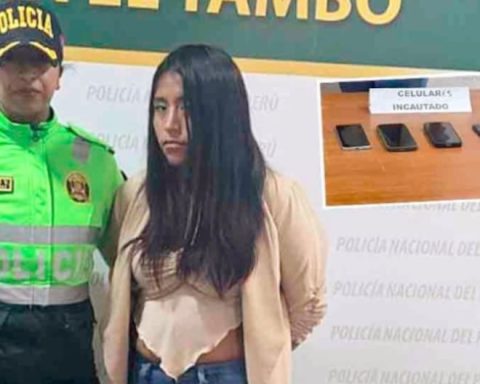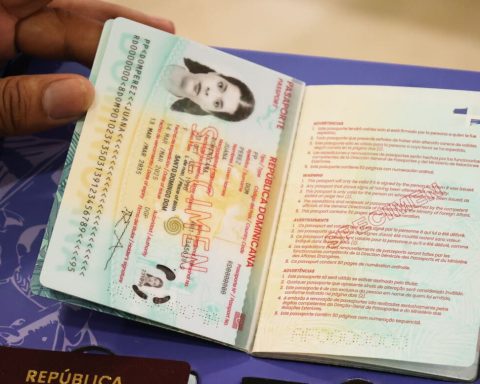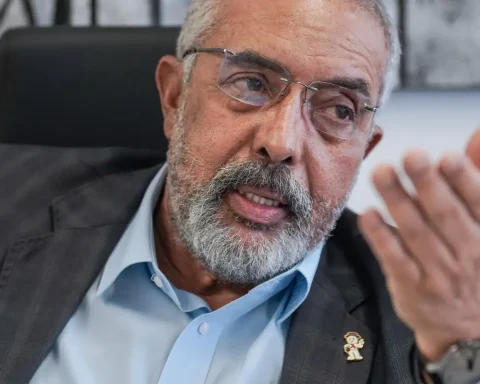In recent days, the United States Department of Justice (“DOJ”) has placed unlicensed dollar transfer activity within the United States in the public eye. The case is very interesting, due to its application to the activity of financial institutions and securities intermediaries in Uruguay, in their movements of dollars to, from and within the United States. As a relevant detail, the prosecutors also focused on the operation of the blue dollar market in Argentina.
In a lawsuit for confiscation of funds filed before a court in the Southern District of New York, US prosecutors explained how the blue dollar market works in Argentina and, above all, why the movement of those dollars in their entry and transmission through the The United States would be illegal for the operation without the respective enabling license.
Let’s take a brief look at how these types of lawsuits work in the United States. When, as a result of an investigation, a prosecutor detects that certain property is related to alleged criminal activities, he can appear before the judge of the jurisdiction where that property is located and request its seizure (the correct term in English is Seizure that in addition to preventing the use of that good, it can also prevent its possession). Judges in the United States typically grant such relief quickly if the government complies with the requirements. After that, prosecutors have a reasonable period of time to ask for the forfeiture of that asset. forfeiture). If they do not, the owner of those assets can appear before the judge and request their release. To achieve confiscation, the prosecutor must explain in detail the reason why the judge should grant him that measure. That is precisely what happened here.
In the case in question, the DOJ appeared in 2020 before the respective judge in New York and requested the seizure of all the funds in a bank account, which had approximately $100,000. Some two years later, the prosecutors came forward again – presumably after developing their investigation – to ask for the confiscation of those funds. It is in the development of that document, recently presented, that the government bases its request. Among other grounds, it alleges that the funds in that embargoed account were the result of illegal activities that had to do with the movement of dollars within the United States without the respective license. The money service business (either “MSB”) cannot operate in the money transfer service in the United States without their respective enabling licenses. If they do, they commit a crime.
The DOJ explained that the company holding the account, a company from the British Virgin Islands, presented itself to a bank in Manhattan as if it were an investment fund. In the papers it provided to open that account, always according to the DOJ’s allegations, the company explained that it was an investment fund and that it needed that account to receive the dollars from clients who wanted to invest in the fund. This is how the account was opened at the bank, but the DOJ alleges – making specific references to the results of its investigation – that this was false and that in reality that account was opened with the purpose of operating with the transfers of the blue dollar market from Argentina to the United States and other countries. That falsehood has already exposed the company to a criminal charge for bank fraud. You cannot open accounts in the United States with apocryphal information or documentation.
Prosecutors in the United States are going after MSBs that have been operating without a license in the money transmission service for a long time; this is not something new. What is new, and that we have not seen until now, is the focus on the blue market in Argentina. With graphics, the DOJ explains in this forfeiture lawsuit how the blue market operates. From the receipt of pesos or dollars delivered by clients in cash in Argentina by local operators, to the use of intermediate companies and dollars of that blue operator in accounts in the United States to deposit those dollars in the accounts of their clients or from third parties, either in the United States or in other countries. And this is where the operation within the United States is considered illegal.
In the particular case of this company, the DOJ explains that in reality the entity that owns the account was hiding behind the guise of an investment fund, but to dedicate itself to moving dollars from the Argentine blue market to and within the United States. The bank account opened was an account “pass through”, that is, account for transfers. Therefore, it concludes that it is actually an MSB operating without an enabling license in the transmission of money, illegally.
The company in question could appear in the forfeiture lawsuit before the judge to defend itself and obtain the recovery of those 100,000 dollars. The DOJ lawsuit opens that process. But in addition to money, you have to take into account the criminal consequences in the United States. The DOJ may well continue to investigate those involved and file criminal complaints against other entities or individuals. And that is perhaps the most important thing.
This is a specific case and it may seem minor for the amount involved. Investigation of MSBs operating in the money transfer market without a license is a regular and important practice of the DOJ. Those involved may be subject, not only to the confiscation and loss of money, but also to potential criminal charges for operating without a qualifying license and money laundering, among others. It is the first time that we also see a focus on the blue currency market in Argentina. A great alert for Uruguay and the entire region.
*Some concepts expressed in this article were previously published in the newspaper La Nación of Argentina
**Christian Francos is a lawyer specializing in advice and prevention of financial crimes; Jean Jacques Bragard is a lawyer specializing in financial advice and structuring


